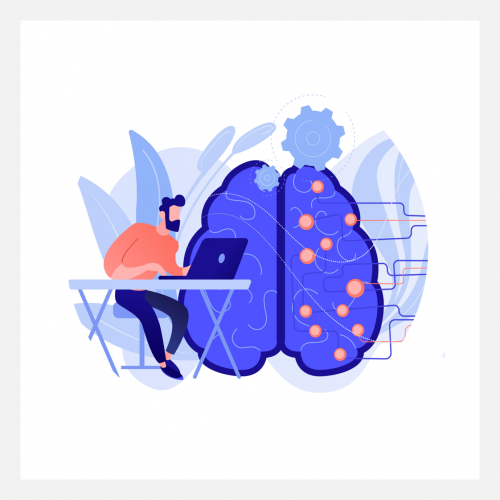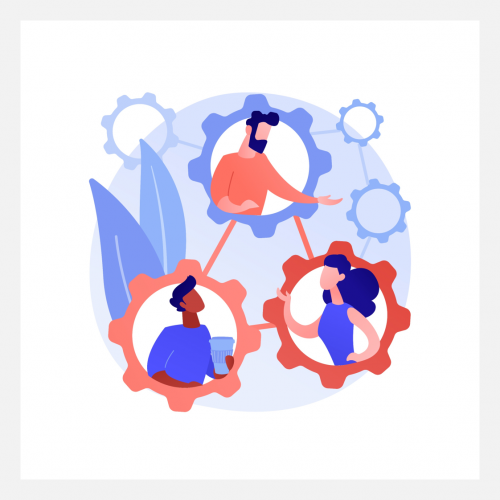Summary of project activities and institutions leading WPs








IMR will coordinate the activities and collaboration between partners, lead the consortium in defining procedures for scientific, ethical, financial, and technical implementation of the project, and monitor project’s impact.
Within WP2 activities, IMR will establish the Centre for NIBS, which will be the first NIBS-focused center in the region. Lead by REGION H, the Centre will strengthen its scientific and technological capacities through a series of dedicated workshops, training and the short-term mobility of the scientists. REGION H will coordinate knowledge transfer and exchange of best practices between partners.
Within WP3, UNITN will lead a development program for improving competences and research profile of early-stage researchers (ESRs) from partner’s institutions as well as neighboring Western Balkan countries. The program will include workshops and on-site hands–on trainings in neurophysiology methods (EEG/ERP), brain stimulation (tDCS/tACS, TMS), neuronavigation and neuroimaging, as well as behavioral assessment and data analysis. The Bootcamp program will be organized, which will provide continuous collaborative international mentorship to ESRs and increase their carrier prospects through multinational collaboration and networking.
Collaborative research efforts within WP4 will be aimed at understanding sources of inter-individual variability in NIBS effects and using that knowledge to increase precision and effectiveness of NIBS methods, as well as translating fundamental research on precision brain stimulation into clinical setting.
Within WP5, LMU will lead IMR staff in consortiums, networks, and societies, raising scientific writing competencies, productivity, and reputation trough collaborative publications, and increasing gender balance trough networking and taking up leading positions on research projects and publications.
WP6, led by ZSI focuses on increasing R&I management and administration capacities of IMR, improving the competences of IMR researchers to develop and write winning HE applications, as well as increasing competitiveness of the IMR researchers in fundraising from international grant bodies and from national and international business organizations.
WP7 focuses on setting up projects’ corporate identity and raising awareness about the impact of project activities, adjusting the IMR institutional communication instruments, increasing visibility and transparency of research outputs through open science and data management practices, increasing visibility and participation of IMR staff, identifying pathways for exploiting the project’s intellectual capacities and research results, identifying possible market opportunities, as well as advocating for smart specialization in innovative health approaches in Serbia.
This work project focuses on ensuring compliance with the ‘ethics requirements’ set out in this work package.
The whole project activities will be conducted within an ethics framework defined through this work package.
Professor John Rothwell from UCL Queen Square Institute of Neurology will have an external consulting role related to ethics in NIBS research in the project.

TWINNIBS project is funded under the HORIZON Europe call HORIZON-WIDERA-2021-ACCESS-02, as a HORIZON Collaboration and Support Action

“Twinning for excellence in non-invasive brain stimulation in Western Balkans” (project no 101059369)